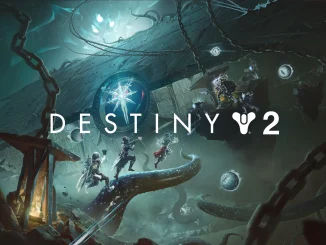
Destiny 2: FPS Looter Shooter dengan Raid dan PvP Kompetitif
Destiny 2 adalah game FPS looter shooter yang dikembangkan oleh Bungie dan dirilis pada 2017. Game ini melanjutkan kesuksesan Destiny pertama dengan dunia sci-fi yang […]

Destiny 2 adalah game FPS looter shooter yang dikembangkan oleh Bungie dan dirilis pada 2017. Game ini melanjutkan kesuksesan Destiny pertama dengan dunia sci-fi yang […]

Valorant memperkenalkan sistem agen—setiap karakter punya kemampuan unik seperti smoke, stun, heal, atau teleport. Agen dibagi dalam empat kategori utama: Duelist (pembunuh), Controller (kendali medan), […]

Like a Dragon: Infinite Wealth adalah entri terbaru dari seri Yakuza (Like a Dragon) yang dikembangkan oleh Ryu Ga Gotoku Studio dan diterbitkan oleh SEGA. […]

Ketika mendengar kata “battle royale,” kebanyakan orang mungkin langsung membayangkan game seperti PUBG, Fortnite, atau Call of Duty: Warzone—penuh aksi, senjata, dan ketegangan. Tapi ada […]
Copyright © 2025 |